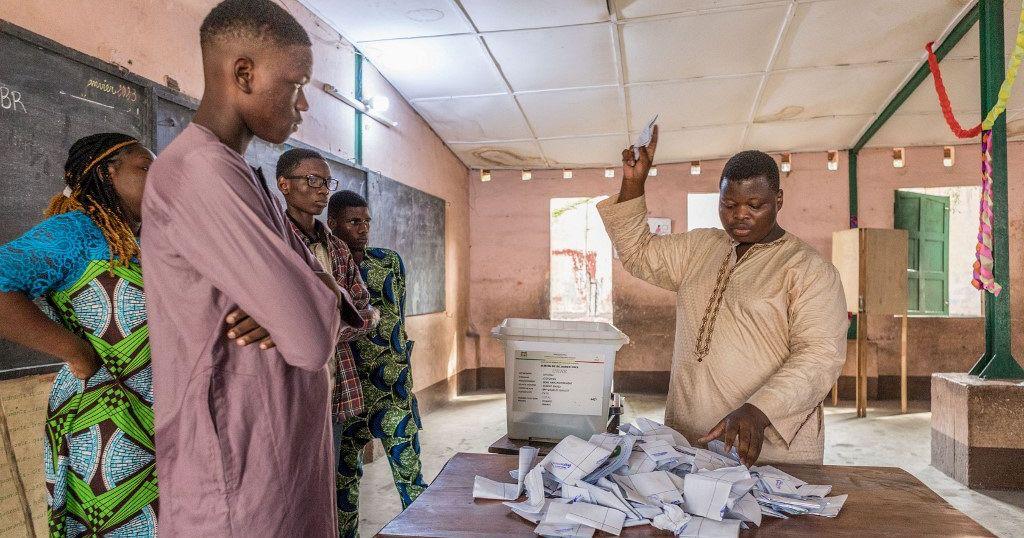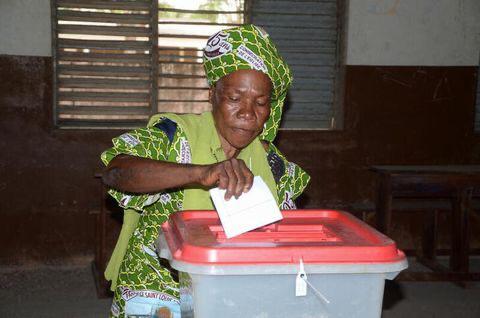
Preliminary election results released on Wednesday January 11, show that the opposition in Benin has rejoined the legislature after a four-year absence, taking 28 seats in an election that was largely won by President Patrice Talon‘s allies.
The election on Sunday January 8 was a test for the West African state where President Talon has pushed for development, but detractors claim his policies have come at a cost to Benin’s once-vibrant multiparty democracy.
According to the CENA electoral authority, the Republican Bloc (BR) and Progressive Union for Renewal (UP-R) parties aligned with Patrice Talon collectively won 81 seats, while the main opposition Democrats won 28 seats.
Election observers from the regional Economic Community of West African States(ECOWAS), report that the vote for the 109-seat parliament proceeded peacefully and in accordance with the rules, and that the final results are expected on Friday January 13.
A tightening of electoral regulations four years ago practically prevented opposition parties from taking part in a legislative vote, which led to a parliament that was dominated by Talon supporters.
After Talon was elected in 2016 and later re-elected in 2021, the most of his major opponents were likewise imprisoned or forced into exile.

Deadly violence in an opposition stronghold, a historically low turnout, and an internet shutdown marred the 2019 legislative election.
Seven political parties, including three that were allied with the opposition, were permitted to participate on Sunday.
According to a proportional system, the 109 seats were distributed among the parties winning more than 10% of the vote.
In anticipation of the 2026 presidential elections, where candidates will need the support of parliamentarians to be registered, opposition leaders had hoped that their parties would gain more seats.

This year marks the end of the Constitutional Court’s term and three years out from the presidential election, the court’s composition is crucial because it reviews election-related rulings.
Author-Roberta Appiah





